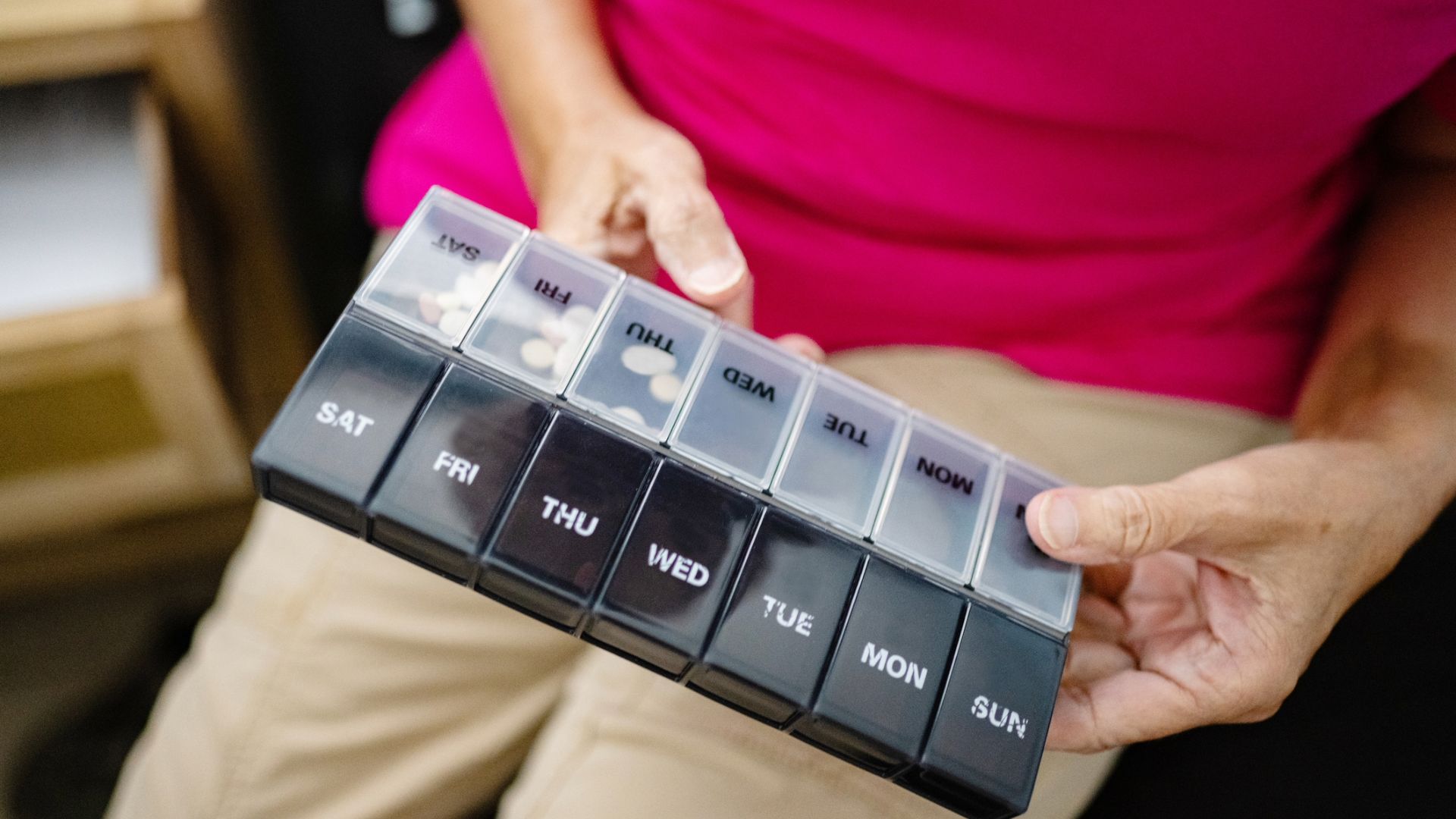Alzheimer's disease is the most common type of dementia among older adults. The disease causes changes in the brain that lead to a decline in cognitive function. Memory loss, difficulty communicating, difficulty performing everyday tasks, and changes in behavior and mood are common symptoms. People with Alzheimer’s disease often require help from a caregiver.
Caregiving for someone with Alzheimer's disease can be demanding, and the demands often increase over time as the disease progresses. As a caregiver, it’s important to pay attention to what your loved one needs—but it’s also important that you don’t neglect your own needs.
Understanding the role of a caregiver
When we think of caregiving, we often consider the practical aspects of providing care. For someone with Alzheimer's disease, these tasks can include making decisions about a loved one’s healthcare, accompanying them to appointments, ensuring their safety at home, and assisting with daily tasks and responsibilities.
However, caregiving goes beyond these tasks. Caregivers also provide emotional support and companionship to their loved ones during a difficult time. They can offer reassurance, meaningful conversations, and a sense of security. A caregiver's role will evolve as Alzheimer's disease progresses, requiring a person to adapt and take on different responsibilities as the needs of their loved one change.
Taking care of yourself as a caregiver
When you dedicate yourself to caring for someone else, it's easy to neglect your own needs. Many caregivers experience what is known as "caregiver burnout." This state of burnout involves physical, mental, and emotional exhaustion, often accompanied by negative feelings towards the caregiving role.
To prevent burnout, it's essential for caregivers to prioritize self-care. Here are some strategies that can help:
- Stay organized. Managing various aspects of caregiving can be overwhelming. Keeping a calendar or a planner with all the appointments, tasks, and responsibilities can help you stay organized and find time for yourself.
- Set aside time for activities unrelated to caregiving. Find moments to engage in enjoyable activities with your loved one that are not focused solely on Alzheimer's disease. Sharing a meal, watching a movie, or engaging in a hobby together can provide a break from the caregiving routine and strengthen your relationship.
- Connect with other caregivers. Consider joining a support group for caregivers of individuals with Alzheimer's disease. Connecting with others who are going through similar experiences can offer valuable tips, emotional support, and a space to discuss the challenges of caregiving.
- Acknowledge and manage stress. It's crucial to find ways to cope with and alleviate stress. Take time for yourself to engage in activities that bring you joy, spend time with friends, exercise regularly, maintain a healthy diet, and make sure you get enough sleep.
- Seek help. The stress and responsibility of caregiving can negatively affect a person’s mental health. Consulting with a mental health professional such as a counselor or therapist can provide you with the necessary tools to manage difficult emotions and thoughts. They can also help you navigate the complex emotions that arise when caring for a loved one with a serious illness.
- Ask for assistance. Caregiving can be an overwhelming responsibility for one person. Don't hesitate to ask for help from friends, family, or local volunteers. Even small tasks or errands that are taken care of by others can make a significant difference in relieving some of the burden. Reach out to organizations like the Alzheimer's Association, which may be able to connect you with resources and support.
It's common for caregivers to feel guilty about prioritizing their own needs. Remember that taking care of yourself will help you be a better caregiver for your loved one.






